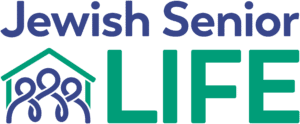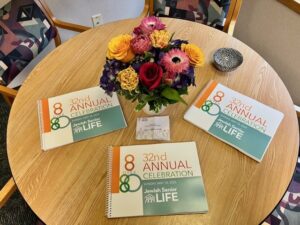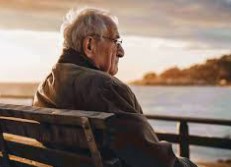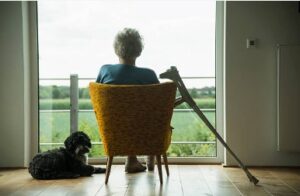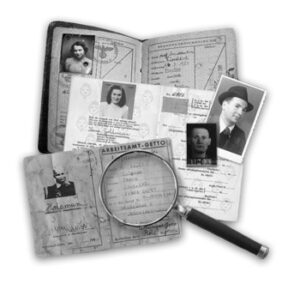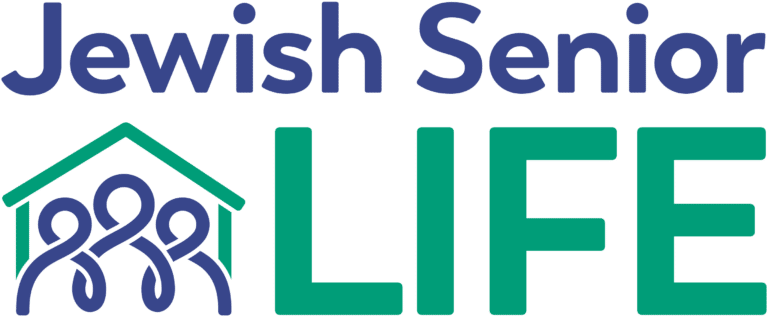CHOICE
By Jo Strausz Rosen
I recently read The Choice, Embrace the Possible, a memoir by 95-year-old Dr. Edith Eva Eger, who earned her doctorate in clinical psychology in 1978 and has treated patients for over 50 years. She’s a mother, grandmother, great grandmother and an Auschwitz Survivor. She documents her Holocaust survival and teaches us how she learned to heal. “On the surface I was doing well putting my trauma behind me and moving on.” But she acknowledges that she was still in hiding, running from the past. “I was denying grief and trauma, minimizing and pretending, trying to please others and do things perfectly, blaming my husband for my chronic resentment and disappointment, chasing after achievement as though it could make up for all I had lost.”
Dr. Eger came to terms with the fact that she could not heal others as a therapist without first healing herself. She took a therapeutic approach blending insight and cognitive oriented theories and practices. She called it choice therapy, as freedom is fundamentally about choice. Her work, rooted in core psychological principles, was inspired by some of the tops in her field. She has made several TED talks sharing her incredible stories of survival and choice. https://www.youtube.com/watch?v=d4do2y1iZWM
She cited Professor Martin Seligman whose positive psychology helps people to flourish when we harness “learned optimism” – “the strength, resilience, and ability to create meaning and direction of our lives.” Dr. Seligman embraces positive psychology, a science of what makes life worth living. Check your happiness quotient here: www.authentichappiness.org
Dr. Eger learned to change her own ‘harmful, dysfunctional, self-defeating’ behaviors, which changed her thoughts. She said, “we can replace our negative beliefs with those that serve and support our growth.” She cites the work of Victor Frankl, her beloved mentor, friend, and fellow Auschwitz survivor who wrote, “that our worst experiences can be our best teachers, catalyzing unforeseen discoveries and opening us up to new possibilities and perspectives. Healing, fulfillment, and freedom come from our ability to choose our response to whatever life brings us, and to make meaning and derive purpose from all we experience, and from our suffering. “
Dr. Eger said, “Freedom is a lifetime practice, a choice we get to make again and again each day. “Ultimately, freedom requires hope, which she defines in two ways: “Hope is the awareness that suffering, however terrible, is temporary; and hope is the curiosity to discover what happens next. Hope allows us to live in the present instead of the past, and to unlock the doors of our mental prisons. There is hope in hopelessness.”
No matter how great our suffering or how strong the prison bars are, it’s possible to break free from whatever’s holding us back. As Dr. Eger put it: “The ultimate key to freedom is to keep becoming who you truly are.”
Shabbat Shalom.
